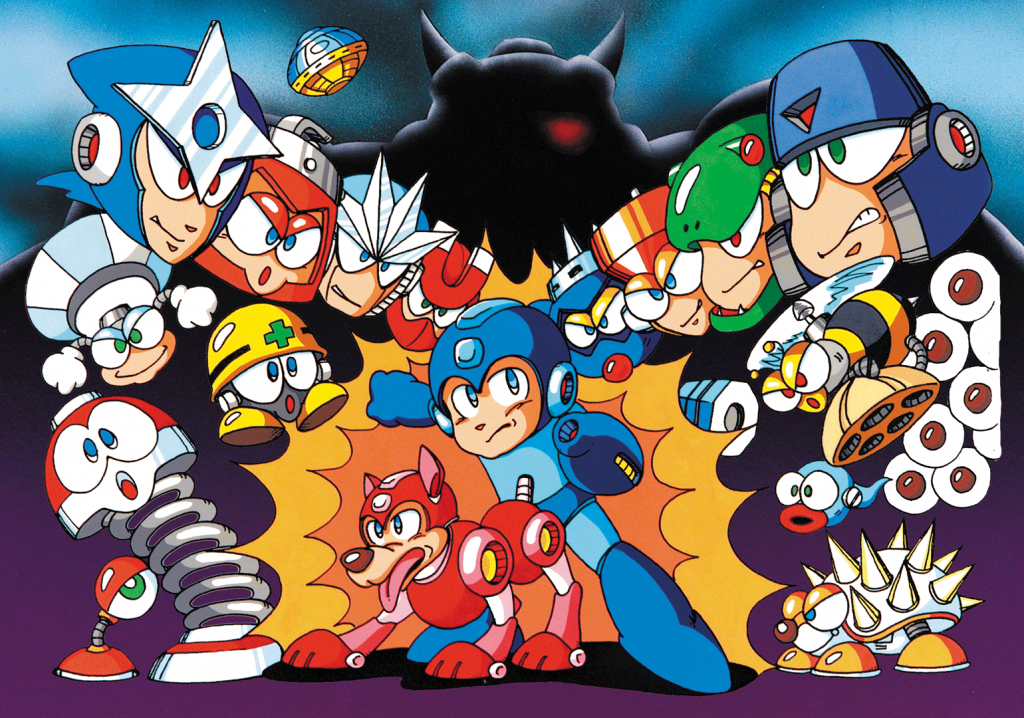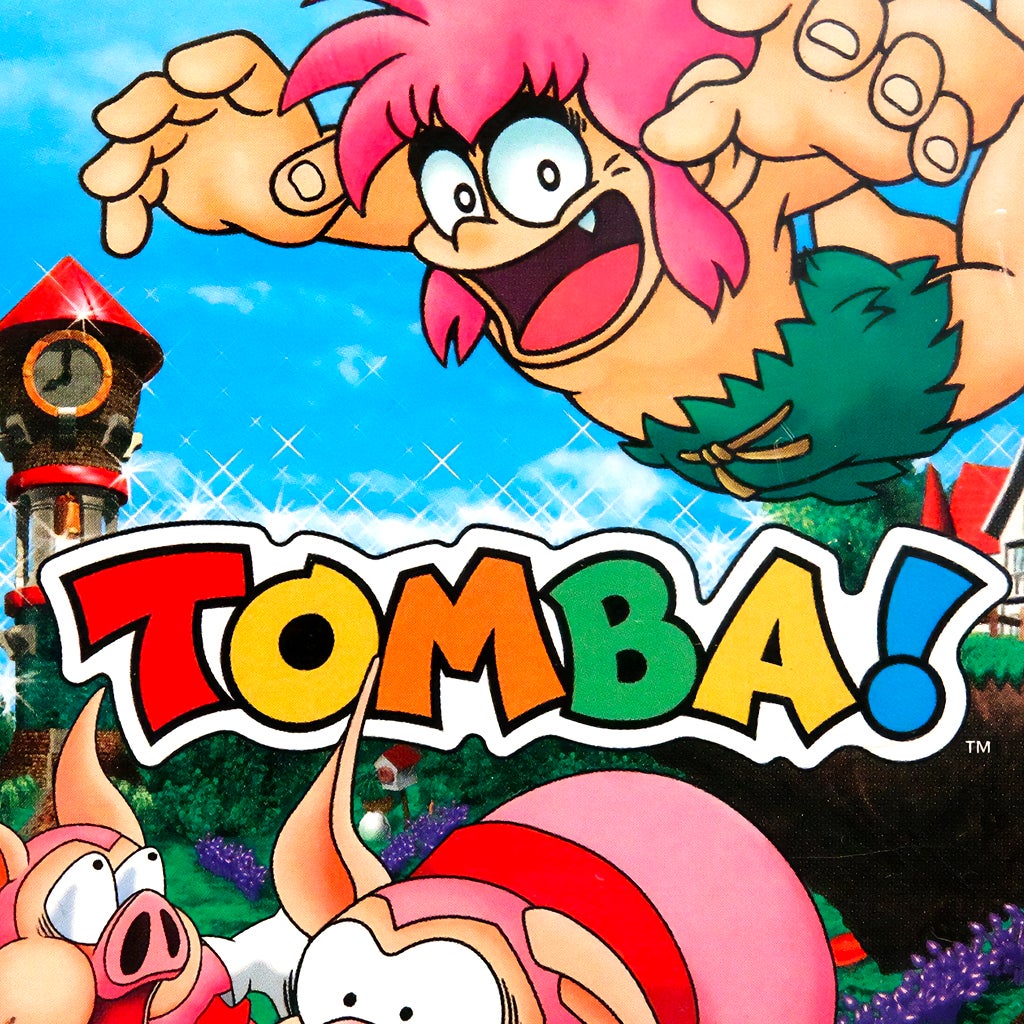





Amin Abbas
DUBAI: Harumi Fujita is famous Japanese composer known for her work on various Capcom video games such as: Ghosts ‘n Goblins, Mega Man 3, Final Fight, Strider and Chip ‘n Dale: Rescue Rangers as well as other notable titles like: Tomba! and Streets of Rage 4.
Exclusively to Arab News Japan, Fujita said she enjoyed arcade games since she was a child. “My first experience with video games was around 1977 with a tennis game called Pong. It was a very old game, but I became obsessed with racing and other games. I loved games from back when it was still unusual for children to play them.”
“In 1983, when video games had just been invented, I started working at a game company without knowing anything. I saw a color video game for the first time there. I was amazed that such a world existed,” she said.
“The first games I saw at that time were the arcade games Donkey Kong released by Nintendo in 1981 and Mappy released by Namco in 1983. I was especially moved by the music in Mappy, and that was the game that inspired me to start making video game music,” she added.
At the age of 17, Fujita began composing music and got her first project in the video game industry for Mad Crasher, released by SNK in 1984.
Fujita is known for her music for the original Tomba! on the PlayStation, she said: “Tomba! is one of the games that I’ll never forget. When I heard that the producer Tokuro Fujiwara who had left Capcom had established his own company (Whoopee Camp), I took the plunge to call him and ask to be involved in the project. His said OK.”
“But when the development of the game began, I realized again that I was pregnant. I decided that since my due date was during the development period, I would be unable to participate. I declined the job, but Mr. Fujiwara said ‘You can do it.’ So, I decided to grit my teeth and go for it,” she explained.
“With my stomach growing bigger day by day, I continued to compose music, and I gave birth during the middle of the development period. I returned to work seven days later and worked on development until the end while raising my newborn child. I don’t remember it being difficult. I just remember wanting to give the users a great game, and that’s what I focused on while composing music every day,” she added.
Fujita is known for her sound effects for the original Ghosts ‘n Goblins video game, she said: “When I left SNK and transferred to Capcom, I was one of four sound designers there. It was decided that Ayako Mori and I would be in charge of Ghosts ‘n Goblins, and the other two would be in charge of the arcade version of Commando. In order for two people to work on sound together, one composed music and the other was in charge of sound effects, and I, who was researching FM synthesis, was put in charge of the sound effects for Ghosts ‘n Goblins.”
“At that time, Ayako Mori and I said to each other, ‘Let’s make this a game that will go down in history.’ We poured vast amounts of energy into making it. And it did just that – it became a masterpiece that made history,” she added.
Fujita also worked on music for the Final Fight video game, and aimed to create sounds that were not heard before. For the Stride video game, Fujita said it was very easy for her to work on.
Stride was released only overseas rather than in Japan, giving Fujita’s music to be discovered in the overseas market.
Her music for the original Chip ‘n Dale: Rescue Rangers video game on NES was inspired greatly from other Disney projects. “Capcom was making a lot of Disney games at the time. The company’s recreational trip was to Disneyland. They wanted us to learn about the Disney worldview,” she added.
Fujita was also one of the composers who worked on Streets of Rage 4, the latest installment of Sega’s Streets of Rage series: “Production took a short period of time, and the game images and concepts were sent to me before I had time to think about anything. I just created music based on my image of ‘police’ and a ‘final fight’ type of scene. I paid a lot of attention to the flow of images on the screen, the sense of speed, and the overall impression,” she added.
About her best and most memorable moments during her time at Capcom, Fujita said:” When I joined Capcom, it was a small game company with only about 30 people. However, the members were very talented and interesting people. We were around the same age, and it was like being in a university student club. Making games together every day was so much fun. In the beginning, before Capcom grew into a large company, we were just a group of young energetic people who were working hard to make good games. The brilliance of the members at that time is what I remember the most”.
Fujita is currently working on an upcoming project that will be released to the public soon.
“I can’t say what it is yet, but be on the lookout for it,” she said.